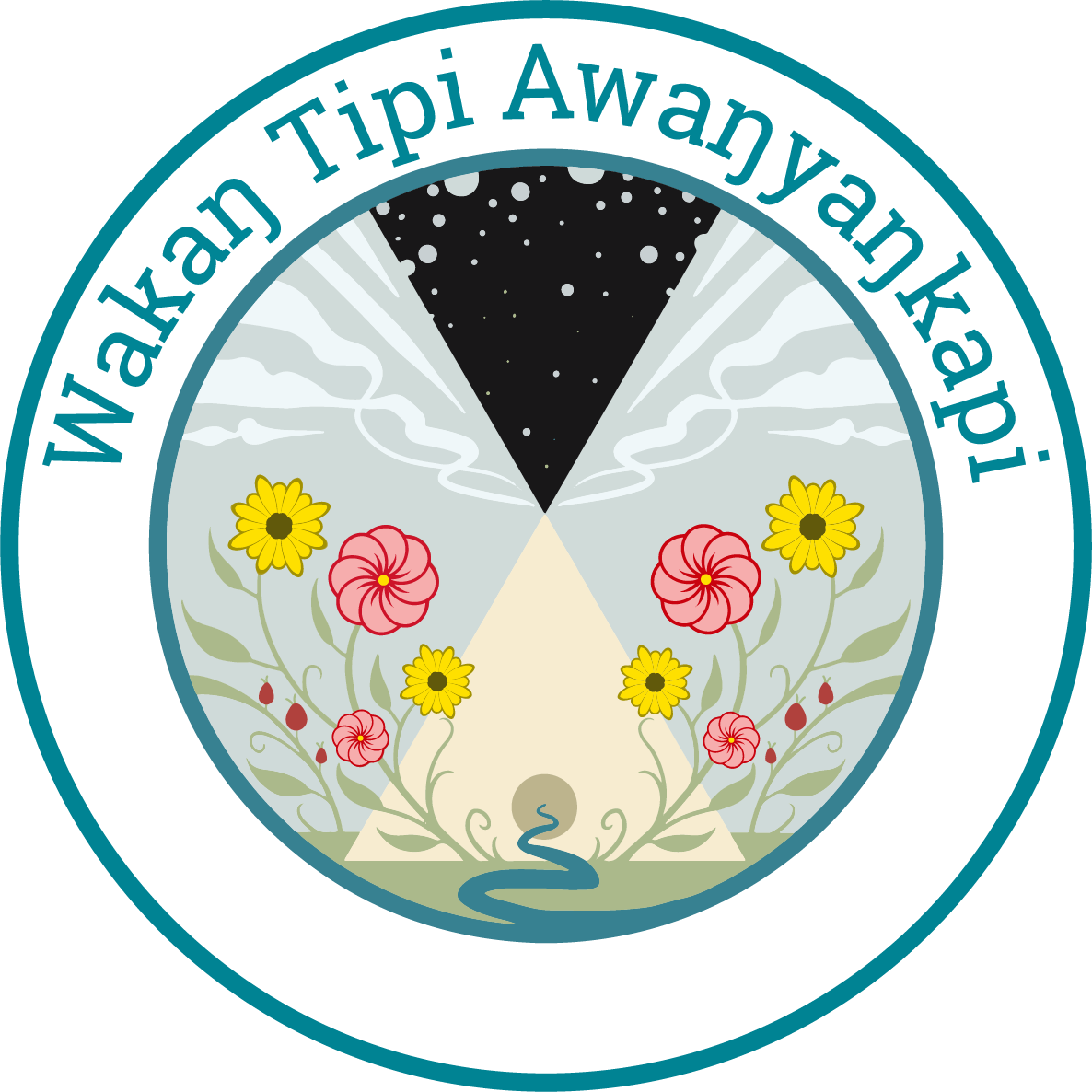This month, we are feeling scattered. In the midst of a pandemic, as we see our communities’ needs grow day by day, as we see the continued energy and anger at violent systems of oppression, it is difficult to think of our work in compartmentalized ways We feel so fortunate to manage green spaces across the Eastside, and we want our community members to find value and healing in their interactions with these spaces. What follows is a collection of our thoughts and emotions during this time.
It is no coincidence that the East Side with its high population of BIPOC (Black, Indigenous, People of Color) neighbors have experienced a long history of environmental racism and injustice. It is no coincidence that the railways blasted and destroyed a Dakota sacred site then further contaminated the soil with asbestos and mercury. It is no coincidence that where there are higher pollution levels there are more BIPOC.
These green spaces that we aim to restore and protect have roots in land theft, dispossession, and anti-Black and anti-Indigenous racism. A critical part of restoring ecosystems involves making these spaces accessible, safe, and meaningful for communities who have been historically and currently deprived of their connections to land, water, and wildlife.
The majority of green spaces in this country are curated and managed with white community members in mind. From common recreation activities, to signage, to the notion of who “belongs” in green spaces, communities of color are often made to feel unwelcome or even unsafe.
Beyond the issue of basic safety or belonging, we recognize that communities of color, and particularly Black community members, are at a high risk of state violence. Green spaces should not be sites of violence or surveillance for people of color.
As a Native-led environmental non-profit, we want to encourage all of our community members to be in relation with our green spaces; to find the rest, joy, and healing that comes with being outdoors; to be able to sit and hear the wind rustle through the leaves of the cottonwoods; to feel the cool and loving embrace of our waterways; to bask in all of the colors and beauty that emerge from our Native plants and flowers.
Our Uŋči Makha, Grandmother Earth, is here for us at all times, and especially during this time. She nurtures every part of our being, from providing food and water, to holding space for our spirits, in all of their grief, anxiety, joy, and love. It is critical that we are actively anti-racist so that this connection—this relationship—is available to all of our BIPOC community members in a way that provides safety, nurturing, and joy.
Taking care of our environment—and ourselves, and each other—are not separate or exclusive activities. When we fight for our collective liberation, our Uŋči Makha and all of Her non-human kin are included in that fight. Anti-racist work has to be inherently intertwined with environmental justice for our collective liberation to be imagined and realized. We have a beautiful opportunity for this on the Eastside, and we are deeply dedicated to that fight.
We recognize that this work is about the communities we choose to work with and uplift. To that end, we want to share what others are doing to connect communities of color to green space and our environment in meaningful ways:
BIPOC Outdoors Twin Cities is a Facebook group created by and for BIPOC community members. The group coordinates events in metro area parks, shares opportunities and resources, and works to build a broader network of BIPOC community members involved in environmental work.
Free Plants for BIPOC is a community effort to increase access to houseplants for communities of color. Caring for plants indoors is a great way to learn a new hobby, connect to the environment in your own home, and find a small dose of beauty and calm.


